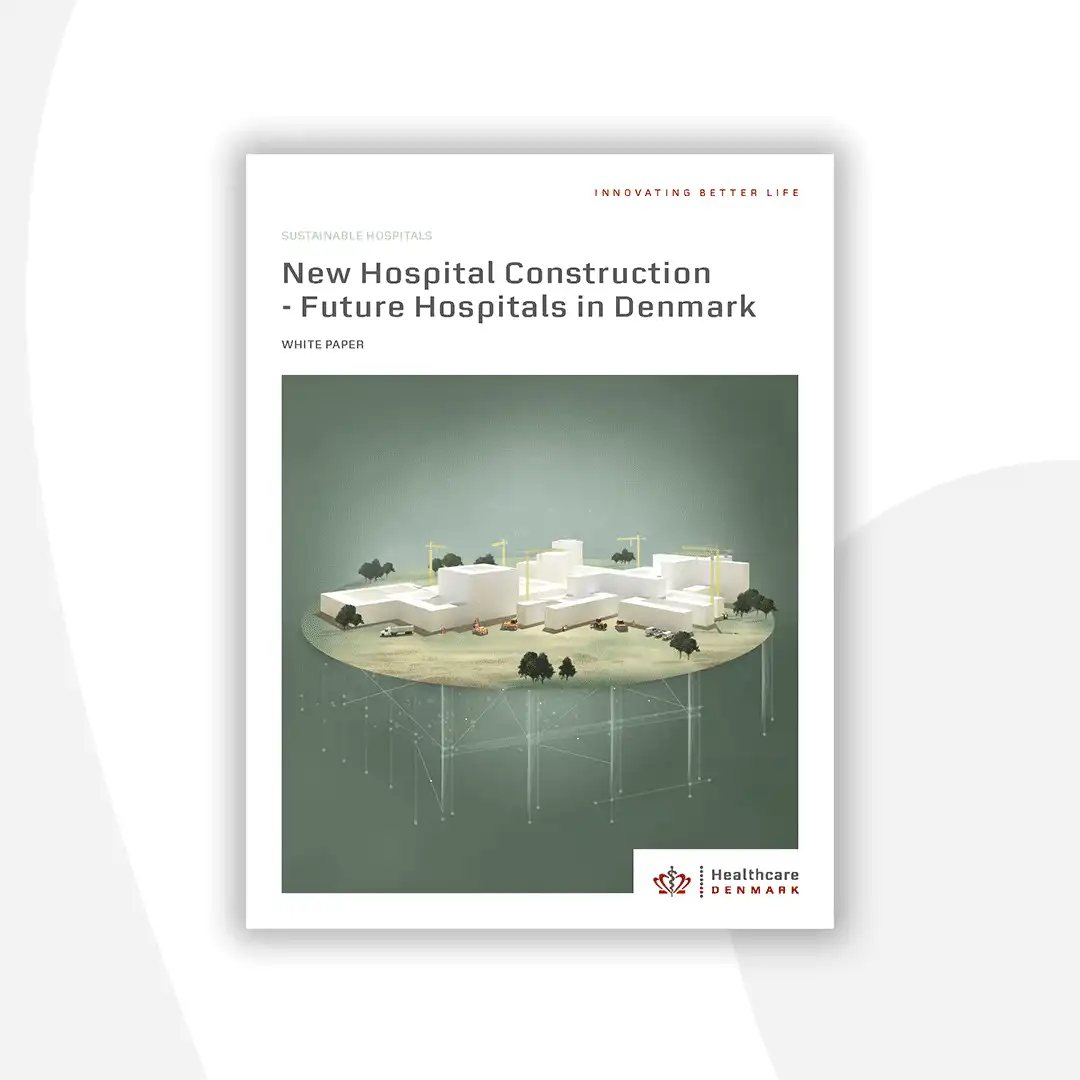Hospital Construction
More and more people live with chronic diseases or multimorbidity that require management and treatment; thus, their medical needs will change.
Danish healthcare is undergoing rapid transformation to meet these needs. More healthcare services will be provided in primary care and through outpatient treatment. Modern technology enables treatment of patients much closer to home, and even in their own homes, rather than in a hospital. Therefore, future hospitals will play a different role as part of an integrated and coherent healthcare system.
Treatment in hospitals will, of course, still be needed. Patients will expect the best treatment outcome with the least disruption to their lives. The Future Hospital Programme is the response of the Danish Government and regions of Denmark to these expectations.
The Future Hospital Programme is a key component of a major structural and organisational healthcare reform (2007) to establish sustainable services, with hospitals playing an integral role in a coherent healthcare system that supports patients as active partners in their treatment, while at the same time meeting future healthcare requirements. By building new, modern, and innovative hospitals with state-of-the-art equipment and highly specialised treatment, Denmark can continue to raise treatment-quality in hospitals.
As part of the Future Hospital Programme, Denmark is in the process of building 16 new highly specialised “super hospitals” with an investment of approximately 6.5 billion euro. These projects include greenfield projects as well as extensions and modernisations of existing hospitals. The hospitals are designed to fit the medical needs of the future, but also for the people using them – patients and healthcare professionals. This means individual rooms for patients, hi-tech data-driven logistics systems, state-of-the-art technology, flexible multipurpose rooms, and a building design to match.
The new, more highly specialised hospitals will have stronger professional environments that can handle even the most critical and complex cases, in terms of both competence and equipment. As such, they will be able to provide better and more coherent patient flows and contribute to improved efficiency, quality of care and patient safety.

New Hospital Construction – Future Hospitals in Denmark
As more Danish healthcare services are delivered through primary care, the future role of hospitals is changing. The new hospital landscape reflects the increase in outpatient treatment, which reduces the need for hospital beds. Persistent efforts to streamline and optimise procedures and improve treatment quality in Danish hospitals, have reduced patient length of stay as well as the number of readmissions.